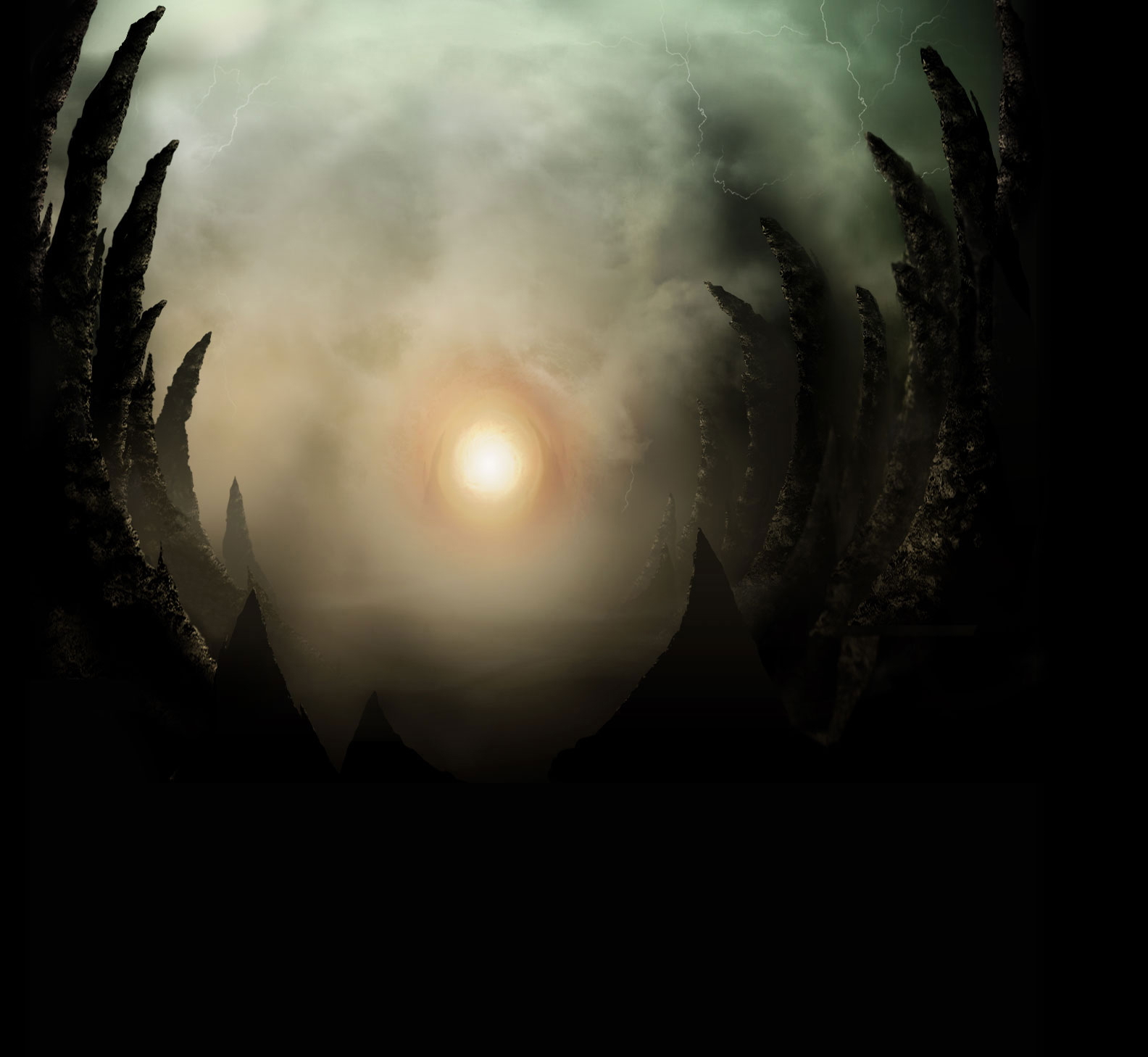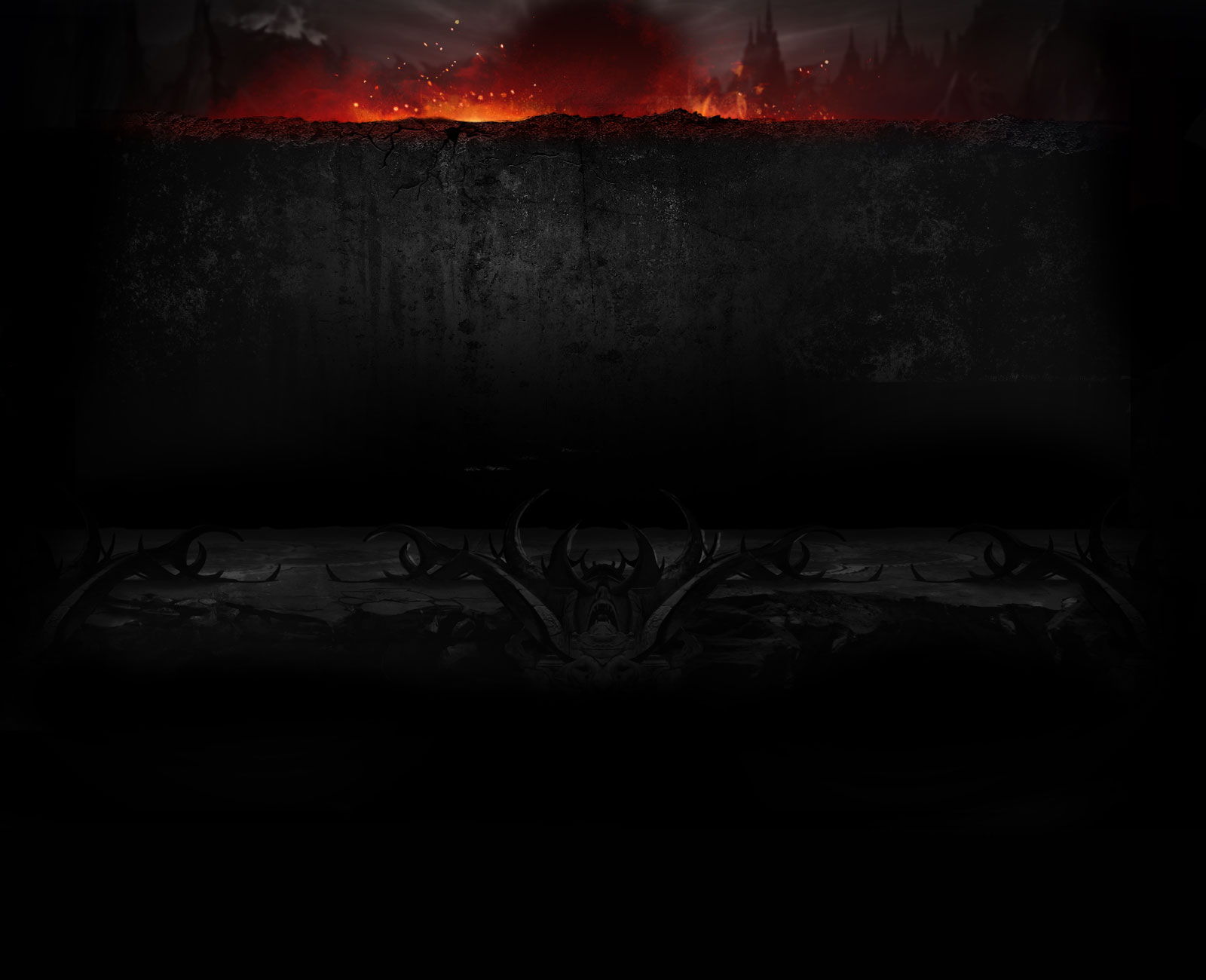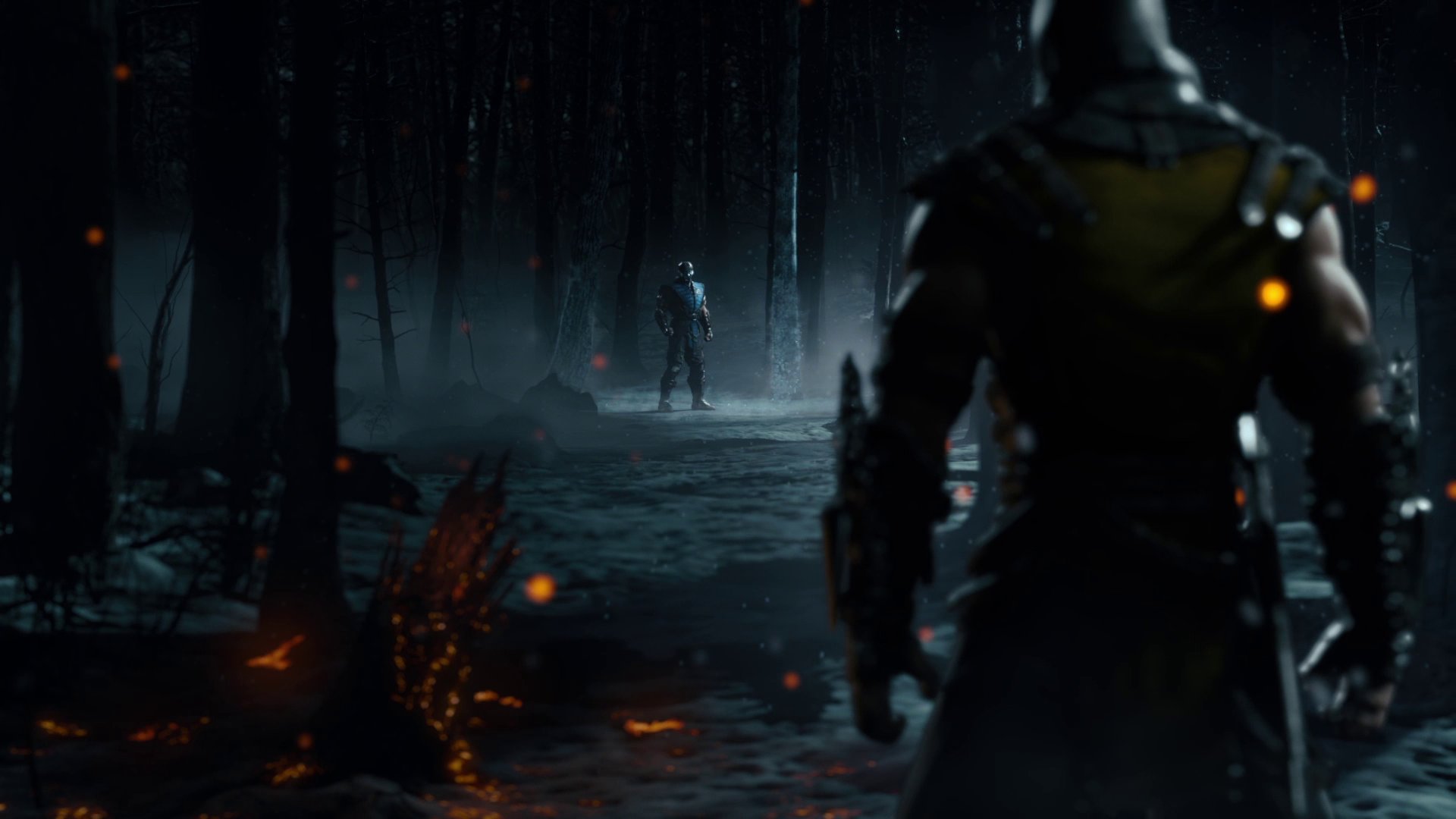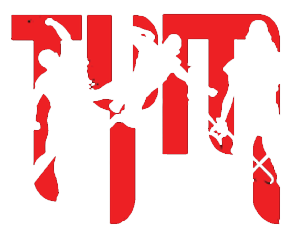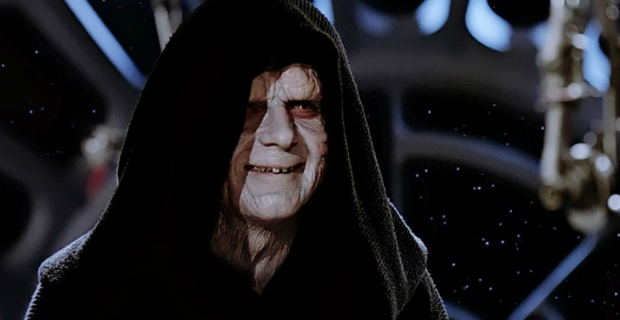Here we are, Tanya is set to be released (or is already released for some), and we are left with a ledger of hot fix notes, and I can't help but notice a trend here: The character communities that were the most vocal and consistent have received the most positive change. Whether it was the Kitana community from Day 0 squawking that their character was bottom 1 free, or
@Pig Of The Hut's constant assertions that Kenshi was not even allowed to play the same game as the rest of the cast, or non-War God Kotal Kahns (shoutouts to
@RYX) complaining that their character was never even given a fair chance to use his tools before they were ruined, it appears to me that the more communities vocalize themselves the greater positive influence there was on their characters in the recent hot fix.
"But juice, you're so handsome! Also, what's your point?"
I'm not here to argue that any of these communities were wrong about their characters prior to these changes, but rather to examine whether or not there is any disadvantage to constantly mentioning how short-handed your character is versus the cast at large. It would appear that any impact at all would be recorded as positive changes with no kind of negative repercussion connected to loudly and proudly asserting that your character needs help. The squeaky wheel gets the grease, after all, and some lesser used variations with less vocal communities have yet to be touched.
Now, I know what you're thinking:
"juice, you don't believe that Paulo or NRS are actively concerned with what is being posted on the forums or in stream chats, twitter, etc, do you? That myth died with the low gunshots normalization!"
Even if that were true (once again, I have no concrete evidence to prove or disprove that there is any sort of correlation), what difference does it make? If there is an active influence, you can theoretically help create a more powerful version of your character in the long run. If there isn't, you lose nothing in the long run and have your bets hedged, just in case.
"Well, Mr. Thinks-He-Knows-A-Lot, if you don't have any proof, where is your theory coming from?"
This all occurred to me as I was reading the hot fix notes and recalled the perhaps cautionary Grundy/Bane debacle during IGAU's patching phase, where many (myself as a Grundy main included) consistently asserted that the character was in no need of being buffed, and was capable of fighting the cast at large. Meanwhile, the entire community called Bane a laughing stock even as he was buffed each patch, leaving us the final definitive edition of the game with a terrifying monster in Bane and a garbage could-have-been-good character in Grundy which may (keyword: may) have been due to the fact that the community was vocal about Bane being bad and Grundy being good early on.
Thusly, I conclude: Is there truly any advantage to upplaying a character during the early phases of an NRS game? If you play a bad character, you could get them the help they need to compete. If you play a good character, you could make them a great one. Or you could cause nothing at all to happen, but why take a chance and be left with a lesser character permanently by the time NRS moves on to their next project?
